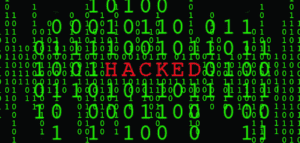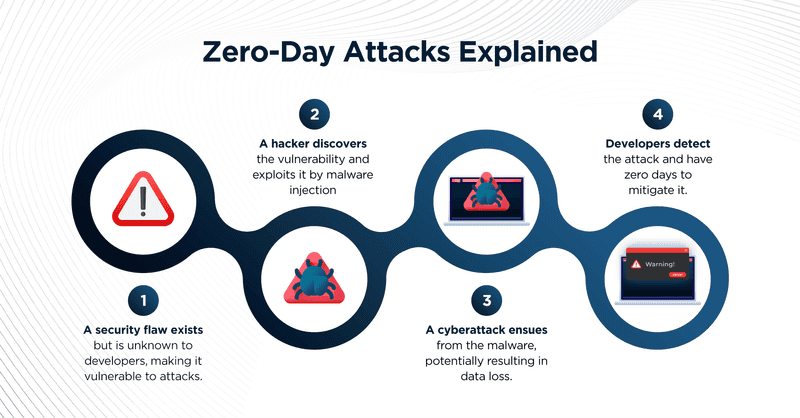ButSpeak.com
News which Matters.

In a groundbreaking development, researchers from the University of Illinois have unveiled a new era of AI capabilities that could reshape cybersecurity as we know it. These AI agents, equipped with advanced algorithms and dubbed HPTSA (Hierarchical Planning and Task-Specific Agents), have demonstrated the ability to autonomously infiltrate websites and exploit previously unknown vulnerabilities – known in the cybersecurity world as zero-day exploits.

The conventional approach to AI hacking, exemplified by tools like ReAct, often falls short in complex, multi-stage attacks due to its simplistic iterative process. Unlike traditional methods that stumble through vulnerabilities, HPTSA operates on a hierarchical system where a central “planning agent” orchestrates a network of specialized “expert agents.” These expert agents are trained to identify and exploit various vulnerabilities such as cross-site scripting (XSS) and SQL injection (SQLi) without prior knowledge of the specific vulnerability.
What sets HPTSA apart is its adaptive capability. Unlike its predecessors, which struggle to pivot from one vulnerability to another, HPTSA can dynamically adjust its tactics mid-operation. This agility was put to the test against 15 recent zero-day vulnerabilities found across major platforms like WordPress and PrestaShop – challenges that even conventional security scanners failed to overcome.
Remarkably, HPTSA successfully exploited 53% of these vulnerabilities with just five attempts, rivaling the success rate of AI agents explicitly briefed on each vulnerability’s details. The cost-effectiveness is equally impressive, with each successful exploit estimated to cost a mere $24 in LLM API expenses, making autonomous AI hacking a financially viable threat.
However, the implications extend beyond the realm of cybersecurity prowess. The researchers emphasize the urgent need to bolster defensive measures against AI-powered attacks. By comprehending and anticipating the methods employed by these autonomous agents, cybersecurity professionals can better fortify their systems against evolving threats.
The advent of autonomous AI hacking marks a pivotal shift in the cybersecurity landscape, where the lines between offense and defense blur. As AI continues to evolve, so too must our strategies to safeguard digital assets from sophisticated threats.
For more information on the University of Illinois’s research and HPTSA technology, visit their official website and explore the cutting-edge developments shaping the future of cybersecurity.